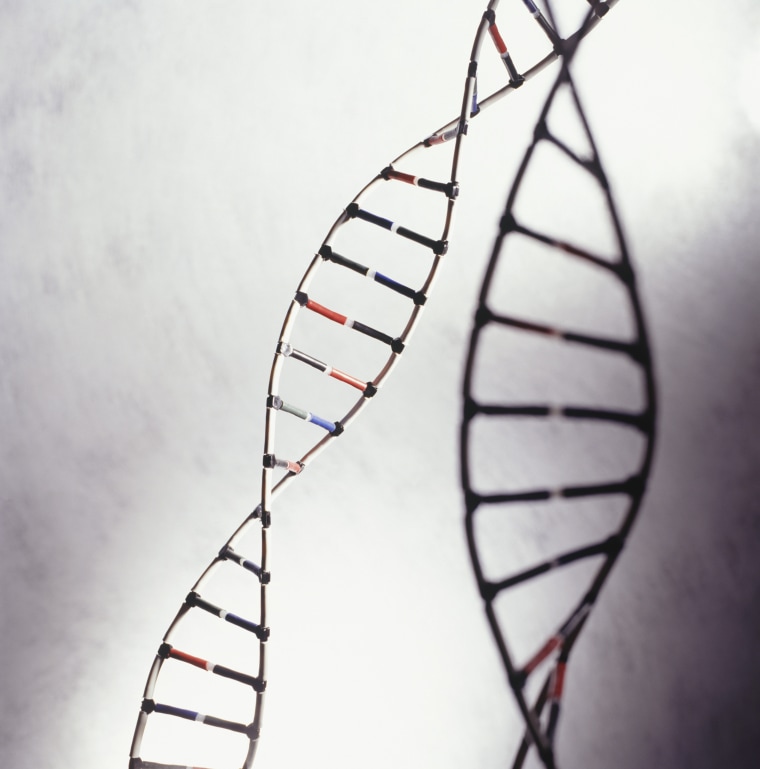Researchers have found a genetic variation unique to some people of African descent that can add about six pounds of extra weight.
About 1 percent of people of African heritage carry the genetic variation, the team at the National Institutes of Health reported.

And those who have it are more likely to be obese: more than 55 percent of people with the mutation were obese, compared to 23 percent of those who don’t have it.
People of purely European descent don’t have this variation, the team reported in the journal Obesity.
“By studying people of West Africa, the ancestral home of most African-Americans, and replicating our results in a large group of African-Americans, we are providing new insights into biological pathways for obesity that have not been previously explored,” said Ayo Doumatey of the National Human Genome Research Institute, part of the NIH.
Related: Why Latino Genes Make it Hard to Fight Obesity
The team started with 1,500 people taking part in a diabetes study in Nigeria, Ghana, and Kenya. They did what’s called a genome-wide association study, sequencing all their DNA.
They found the mutation in a gene called SEMA4D. It’s associated with inflammation and while most people in the world don’t have mutations in the gene, 1 percent of the West Africans did.
Related: Do These Genes Make Me Look Fat?
“We replicated this finding in 1,411 West African samples and 9,020 African American samples,” they wrote.
Studies looking for obesity genes in other countries hadn’t found this mutation, probably because they hardly ever include many African-American or African volunteers. Many genes have been found that affect obesity. They vary from person to person and vary in their influence on weight or on diseases associated with obesity, such as diabetes.
Related: America's Obesity Epidemic Hits New High
“We wanted to close this unacceptable gap in genomics research,” said NHGRI’s Charles Rotimi, who led the work.
It’s important: More than two-thirds of Americans are overweight or obese but rates are even higher among African-Americans. Nearly 48 percent of African-Americans are overweight or obese.
Researchers know genetics play a large role in this.
“Eventually, we hope to learn how to better prevent or treat obesity,” Rotimi said.
